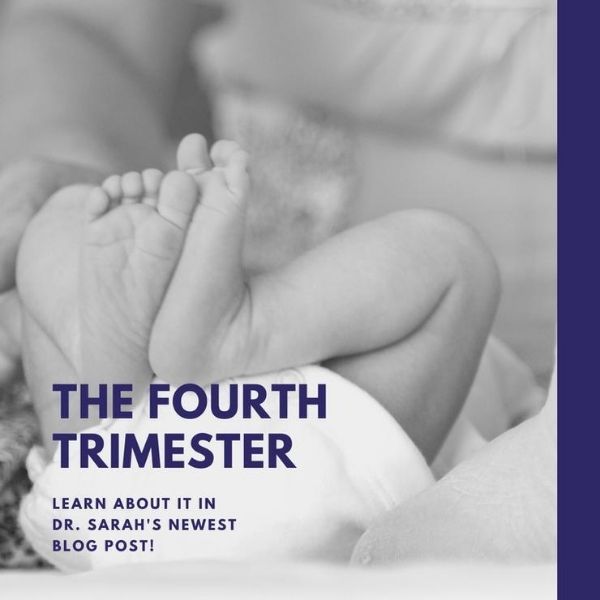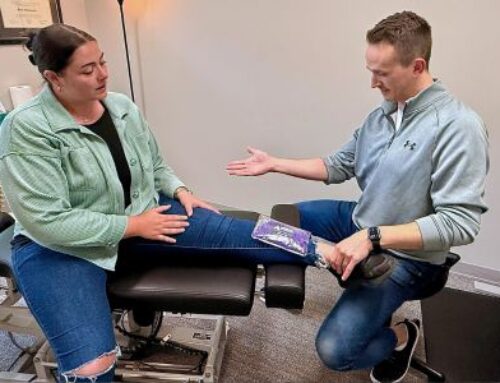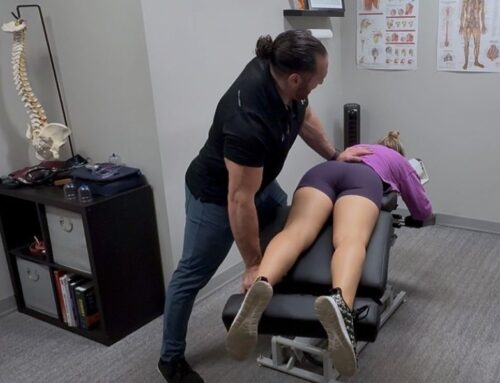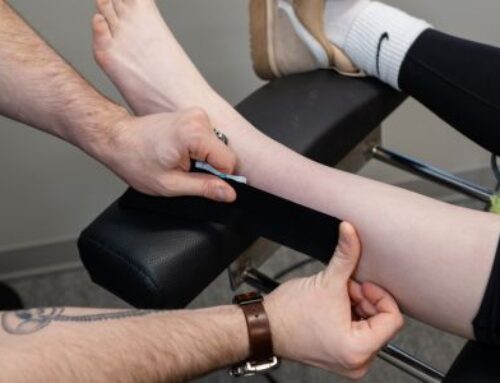The fourth trimester is a common term discussed in the birth world as of late. However, it used to pertain only to the baby. As research and evidence informed care in the postpartum field continues to grow we are finally learning more and more about how we can help these women.
Health in the fourth trimester is about more than mental and physical health. As postpartum care providers, we must encompass mental, physical, emotional and environmental support.
Mental health postpartum can be affected by stress surrounding breastfeeding, body image, new parenting responsibilities. The “breast is best” mindset has been popular in the past, however “fed is best” is quickly becoming a manageable alternative for many women, due to low supply, going back to work or exhaustion associated with exclusively breastfeeding. Postpartum body image can also play a role in postpartum sexual dysfunction, if a new mother feels heavier and less attractive than she once did. This can sometimes begin in the third trimester and can continue to 6 months postpartum.
Emotional health postpartum tends to be more commonly discussed, however extremely under reported in new moms. “Baby blues” can begin as early as 3-4 days following birth. Postpartum depression, anxiety and OCD are all common following delivery, and unfortunately under diagnosed. A common answer we receive when asking new moms how they have been doing is GREAT! Although, this is not always the case we have to be there for all new moms as a support. Women who exercise during pregnancy are less likely to experience postpartum depression following delivery. It can also be related to sleep deprivation – women who are awake for more than 2 hours at a time per night tend to have higher rates of postpartum depression as well.
The health of your environment postpartum can also play a large role in postpartum health and recovery. Finances, maternity leave, career stressors, and family support can all contribute to your health in the 4th trimester. Social support from other moms and new parents can also go a long way with regards to environmental support.
Lastly, physical health is extremely important to postpartum women and can have a large effect on their mental, emotional and environmental health as well. Women struggle with lack of sleep, how to and when to return to exercise and how recovery can differ with a vaginal delivery verses a cesarean. In our western culture we are expected to wait 6 weeks before returning to exercise, however there isn’t any research on recovery if women begin to exercise prior to 6 weeks postpartum. Ramping up to exercise is essential postpartum and Dr. Sarah offers a number of resources to help with this!
The fourth trimester is filled with new emotions and experiences. This new phase of your life can be difficult to cope with, but surrounding yourself with supportive family, friends and healthcare providers can prove to be extremely valuable. Your community as a resource to help you absolutely CRUSH motherhood!





